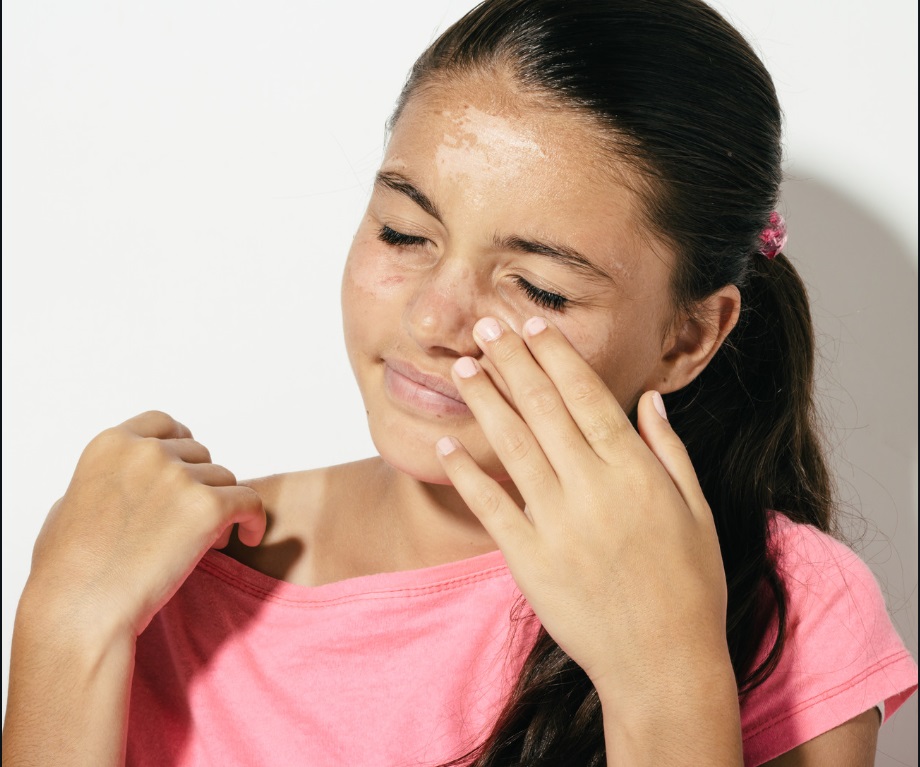Welcome to Wound-Care

Sunburn: How to Treat and Soothe Sun-Damaged Skin
19 Dec 2024
By
Mahesh Shah
Sunburn is a frequent skin condition caused by extended exposure to the sun's ultraviolet (UV) rays. While often dismissed as a minor inconvenience, sunburn can cause significant skin damage, increase the risk of skin cancer, and accelerate premature aging. At wound-care.co.uk, we understand the importance of proper care for sunburned skin to promote healing and prevent long-term damage.
In this guide, we’ll explore the causes, symptoms, and effective treatments for sunburn, helping you restore your skin’s health and comfort.
What Causes Sunburn?
Sunburn occurs when the skin is exposed to excessive UV radiation, whether from sunlight or artificial sources like tanning beds. This radiation penetrates the skin, causing DNA damage in skin cells and setting off an inflammatory response. As a result, the skin becomes red and painful, and in more severe instances, blisters may form.
Factors That Increase Sunburn Risk:
• Prolonged exposure to the sun without protection.
• Fair skin, which contains less melanin (the skin’s natural UV defense).
• Peak UV radiation times (typically between 10 a.m. and 4 p.m.).
• High-altitude or tropical environments with intense sun exposure.
• Use of photosensitizing medications or products.
Symptoms of Sunburn
Sunburn symptoms can vary in severity depending on the level of UV exposure. Common signs include:
• Red, inflamed skin.
• Pain or tenderness in the affected area.
• Swelling and warmth of the skin.
• Itching or peeling skin as it begins to heal.
• Blisters in cases of severe sunburn.
• Fever, chills, or nausea in extreme cases.
How to Treat Sunburn
Treating sunburn promptly can help reduce discomfort, minimize skin damage, and promote faster healing. Follow these steps:
1. Cool the Skin
• Apply a Cold Compress: Use a clean, damp cloth or a cool pack wrapped in a towel. Avoid applying ice directly to the skin, as it may cause further damage.
• Take a Cool Shower or Bath: This helps lower the skin’s temperature and soothe inflammation. Adding colloidal oatmeal or baking soda to the bath can provide additional relief.
2. Moisturize the Skin
• Use a Gentle, Fragrance-Free Moisturizer: Products like Epaderm Cream or Cetraben Cream can help lock in moisture and prevent peeling.
• Avoid Petroleum-Based Products: These can trap heat in the skin and worsen inflammation.
3. Hydrate from Within
• Drink Plenty of Water: Sunburn can dehydrate the body, so it’s essential to replenish lost fluids to aid the healing process.
4. Soothe Inflammation
• Apply Aloe Vera Gel: Renowned for its cooling and anti-inflammatory effects, aloe vera can provide soothing relief. Choose pure aloe vera or products with a high aloe concentration for the best results.
• Use Over-the-Counter Pain Relievers: Non-steroidal anti-inflammatory drugs (NSAIDs) like ibuprofen can help reduce pain and swelling.
5. Protect the Skin
• Avoid Further Sun Exposure: Keep the affected area covered and stay indoors during peak sunlight hours.
• Use a Broad-Spectrum Sunscreen: Once the skin has healed, apply sunscreen with an SPF of 30 or higher to prevent further damage.
When to Seek Medical Attention
While most sunburns can be managed at home, severe cases might need medical intervention. If you encounter the following issues, it's important to reach out to a healthcare professional:
• Large blisters covering a significant area of your body.
• Intense pain, fever, or chills.
• Signs of infection such as pus, increased redness, or swelling.
• Symptoms like dizziness, confusion, or dehydration.
Preventing Sunburn
Preventing sunburn is the key to avoiding discomfort and potential complications. Here are some effective ways to protect your skin:
• Wear Protective Clothing: Long-sleeved shirts, wide-brimmed hats, and sunglasses can shield your skin from UV rays.
• Regular Sunscreen Application: Use a broad-spectrum sunscreen with an SPF of at least 30, and make sure to reapply it every two hours, particularly after swimming or sweating.
• Seek Shade: Limit sun exposure during peak hours and find shade when possible.
• Use UV-Protective Products: Barrier creams like LBF Barrier Cream can provide an extra layer of protection for sensitive skin.
Conclusion
Sunburn can be painful and damaging, but with prompt and proper care, you can minimize discomfort and support your skin’s healing process. At wound-care.co.uk, we offer a wide range of products designed to soothe and protect sun-damaged skin. Browse our selection today and take the first step toward healthier, more resilient skin.
Remember, protecting your skin from UV exposure is essential for long-term skin health. Stay safe, keep hydrated, and soak up the sun responsibly!
